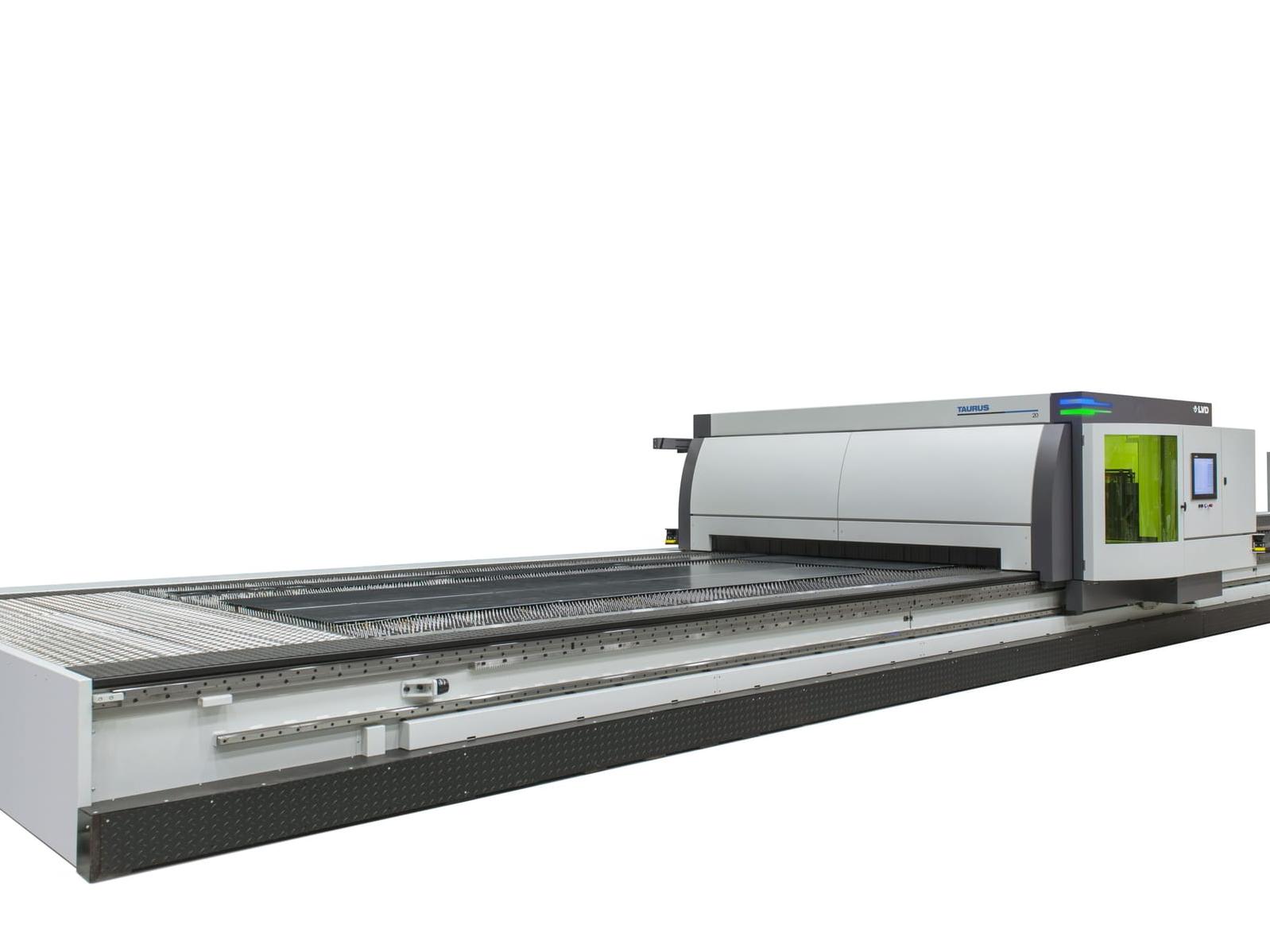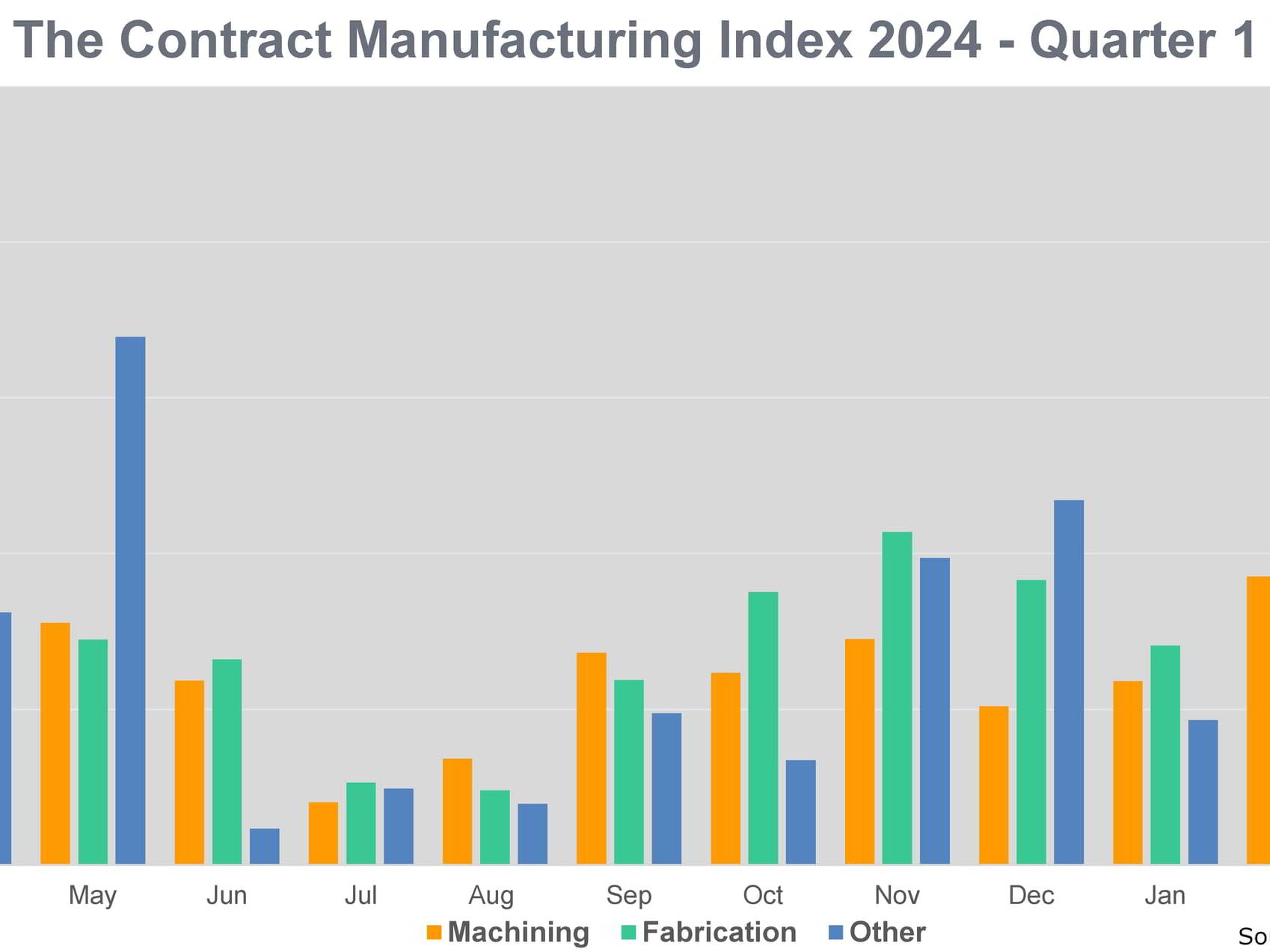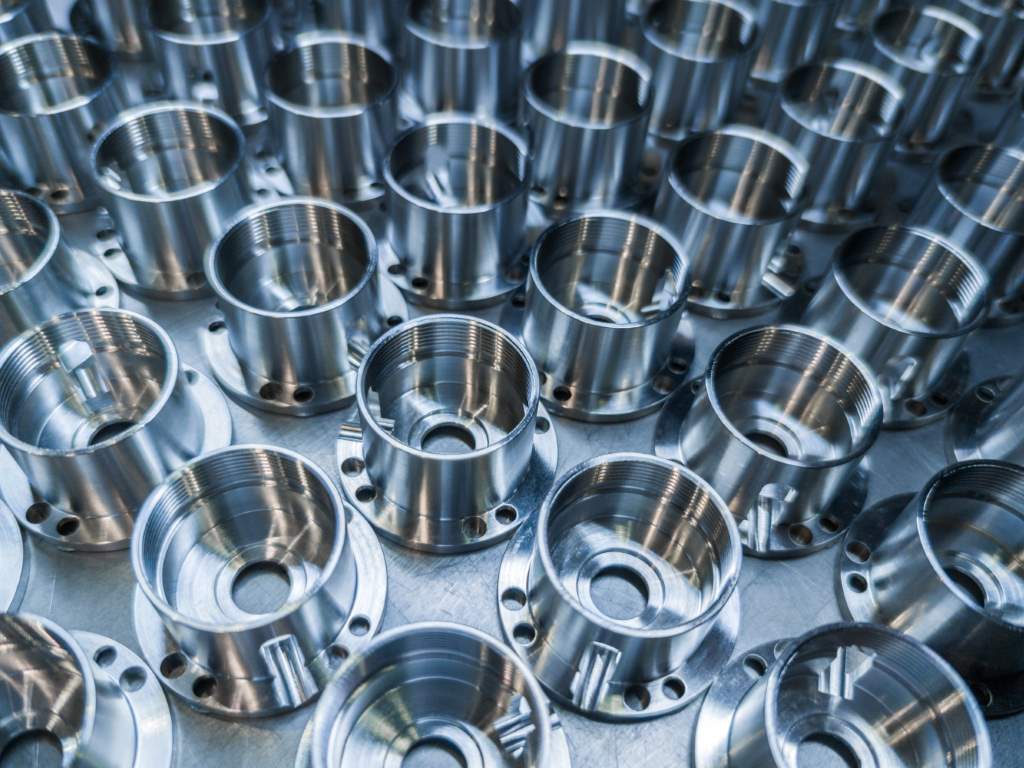Aston Martin achieves carbon neutral manufacturing

One year on from announcing its sustainability strategy, Aston Martin has achieved carbon neutral manufacturing at its Gaydon and St Athan facilities.
As outlined in its new sustainability report, Aston Martin has continued to make progress in reducing its environmental impact, following business-wide initiatives to reduce CO2 emissions from its manufacturing processes and wider supply chain.
In addition, the company’s programme now expands to offsetting Scope 1 and Scope 2 emissions through Gold Standard verified projects that are making a difference in tackling climate change, marking a crucial step in Aston Martin’s journey to achieving PAS 2060 certification by the end of 2023 and operating net-zero manufacturing facilities by 2030.
Working in partnership with Climate Impact Partners, specialists in carbon market solutions for climate action, Aston Martin’s dedicated Racing. Green. emissions reduction programme will provide finance to projects which are reducing CO2 emissions now, while supporting the transition to a low carbon global economy.
Specifically, Aston Martin is supporting a wind power portfolio project in Turkey, which has seen more than 120 wind turbines installed, generating approximately 575,000 MWh of clean electricity every year to a nation heavily reliant on natural gas and oil, with infrastructure severely damaged by recent devastating earthquakes.
As part of its long-term commitment to renewable energy, since 2019, all manufacturing facilities at Aston Martin have been powered by 100% renewable electricity. To reduce dependency on the national electricity distribution network and increase the supply of clean electricity to others, Aston Martin is also committed to advancing new renewable electricity generation projects across its facilities.
This includes the recent installation of solar panels at the historic Aston Martin Works facility and heritage dealership in Newport Pagnell, supporting up to 90% of the energy used at the site in the summer months. Meanwhile, plans are underway to introduce thousands of solar panels to the DBX SUV manufacturing plant in St Athan, which will be capable of generating around 20% of the plant’s total annual demand.
Further initiatives adopted as part of the Racing. Green. sustainability strategy have achieved a 12.2% decrease in electricity used (MWh) across facilities. Contributing to savings made in electricity usage, is the successful installation of LED lighting at St Athan, saving over 24,000kg of CO2 emissions every year alone.
Additionally, a 3.9% fall in CO2 emissions per car manufactured in 2022 compared to 2021, was predominantly driven by increased energy use effectiveness including manufacturing efficiencies delivered through the company’s streamlined paintshop strategy.
From a product perspective, Aston Martin continues to progress to an electrified future. In 2024, Aston Martin will commence its delivery of Valhalla, its first plug-in hybrid electric vehicle, with its first Battery Electric Vehicle (BEV) targeted for launch in 2025 and a fully electrified sports cars and SUV portfolio by 2030.
Amedeo Felisa, chief executive officer of Aston Martin Lagonda said: “Our Racing. Green. sustainability strategy is helping to shape our transformation as we take action to turn aspirations into reality, making sustainability central to everything we do.”
“In some areas, we will need to do more to accelerate progress, but by continuing to intensify our focus on delivery, including achieving certified carbon neutral manufacturing, we will achieve our ambition to become a world-leading sustainable ultra-luxury automotive business.”
Aston Martin
www.astonmartin.com














